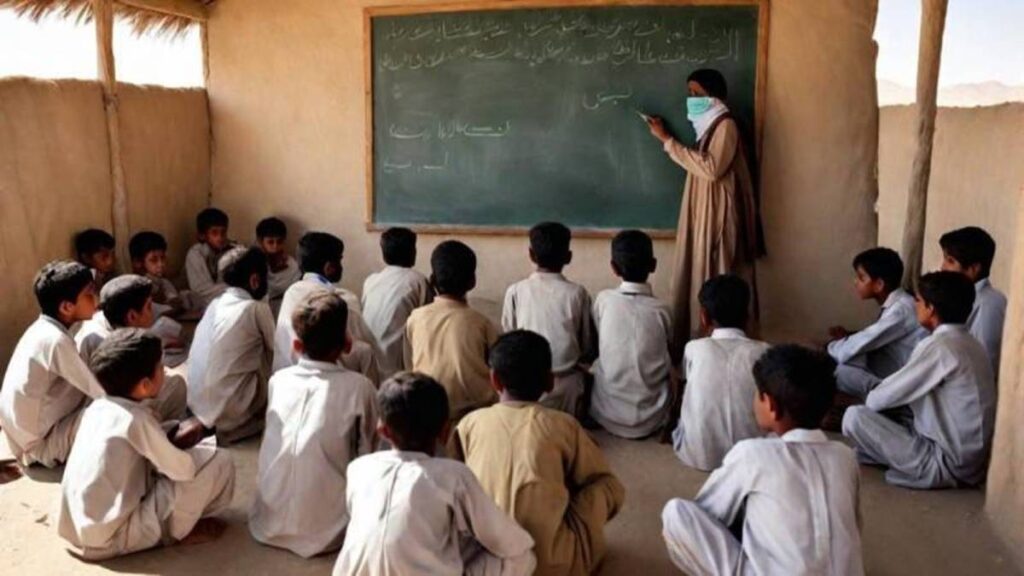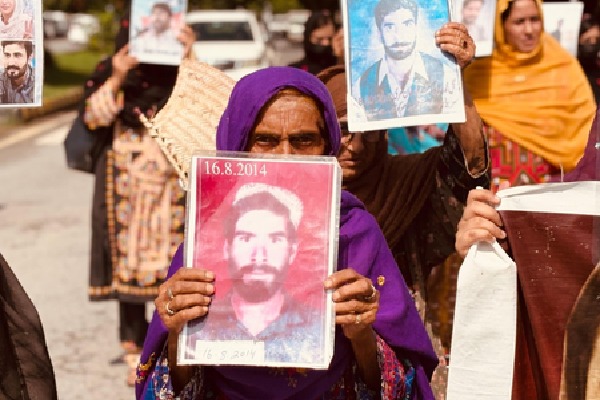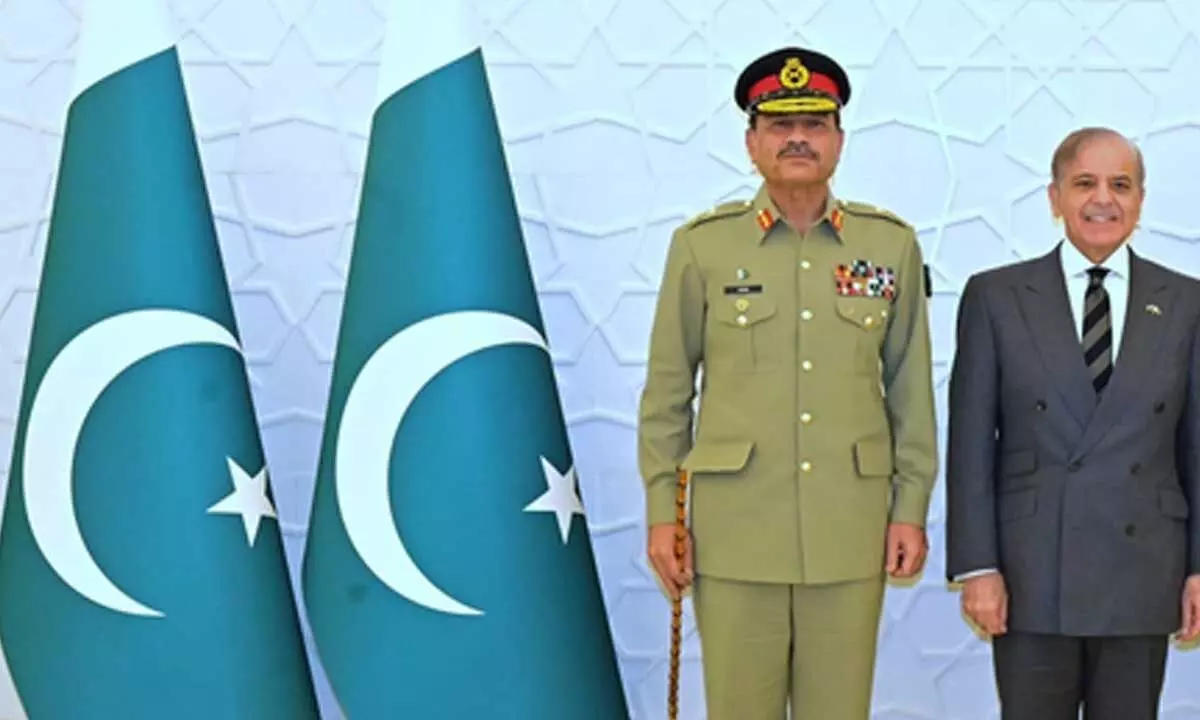
Schools in Pakistan lack very elementary infrastructure and basic amenities that have negatively impacted overall literacy and aggravated the rate of drop-outs. About 26 million children remained deprived of formal elementary education in 2024. Shockingly, about 80 percent of out-of-the-school children have never gone to the school as parents have concerns about the poor-quality education of public schools, according to the latest Planning Commission’s District Education Performance Index Report.
All the boasting by politicians about revolutionary reforms in the education sector are just empty claims, said educationist Nazeer Ahmed Arijo. He said his son refused to go to school due to the oppressive heat and lack of electricity. “The whole edifice of our public education system stands on flimsy foundations, with crumbling infrastructure, outdated textbooks, and a curriculum that fails to prepare students for the modern world,” Arijo said.
About half of the government schools in Pakistan did not have basic toilet facilities, including proper classrooms, revealed a Pakistan Education Statistics Report. It showed how the situation was very concerning in remote and neglected areas. About 77 percent of primary schools in Balochistan province did not have access to safe drinking water while the share was 69 percent in the Pakistan-administered Kashmir. Even toilets were missing in 77 percent and 58 percent of primary schools in Balochistan and Pakistan-administered Kashmir respectively.
According to the latest Pakistan Education Statistics Report, the the school-drop-out rate was 38 percent. Lack of proper infrastructure has emerged as the biggest reason for this unsettling rate of school dropouts, for which misgovernance and bureaucratic negligence are primarily responsible, said Muhammad Asad, Regional Director of the Washington DC-based US Institute of Diplomacy and Human Rights. “While the importance of education cannot be overemphasised, isn’t it a constitutional violation on the part of the government that a huge number of children in the country are out of school?” he said.
Teachers in Pakistan are forced to carry out non-core activities such as voter registration and polio vaccinations, while many teachers are engaged in nurturing political connections. All this has led to educational collapse, said economic analyst Gulab Umid. “Instead of nurturing young minds, many teachers focus on maintaining political allegiances to secure their positions. This has contributed to the rapid decline of academic standards across the country,” he said.
Pakistan’s key education indicators were poor despite numerous policy initiatives, due to inconsistent policy implementation, political instability, bureaucratic inefficiencies, and a lack of accountability, said researcher and policy analyst Amal Kamal. “Pakistan’s education system faces a myriad of challenges, with structural and policy flaws that have hindered its ability to deliver quality education to the nation. Moreover, education in our country suffers from chronic underfunding, leaving it under-resourced and struggling to meet the needs of its growing population,” she said.
Many schools in Pakistan, especially, those in rural areas do not have basic equipment and even electricity. Khyber Pakhtunkhwa province did not spend a single penny despite budgetary allocation. “We need 30 more ceiling fans but don’t have money to purchase them. Our school is located in the cantonment area. If it is in such a pitiable condition, you can well imagine things in public sector schools operating in other far-off areas of the province,” said a teacher from Khyber Pakhtunkhwa.
The damaged infrastructure of government schools deterred students from going to schools and colleges, said Mushtaq Chhapra, co-founder of The Citizen Foundation (TCF), the largest charity school chain in Pakistan. “Government schools are closing down. They are in a state of disrepair. Teachers don’t go to the schools. No toilets, no furniture, and even no books. Nobody is accountable which is the core of the problem in our system,” he said.
Umid said the rampant corruption and mismanagement by those in power had left millions of children without basic education, thus leaving them unprepared to tackle modern challenges. “A major contributor to this downfall is the government’s disregard for education. Pakistan’s economic woes, social inequalities and political instability are all linked to an undereducated population. Pakistan’s future hangs in the balance,” he said.






